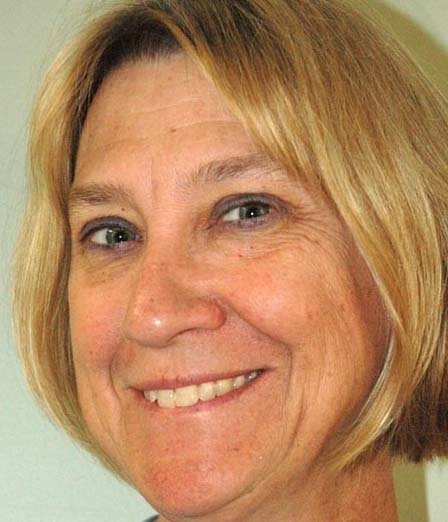Journalism is in danger south of the border
MEXICO CITY---Hola! As MSU’s campus is shrouded in ice and snow, I undertook the arduous task of
heading off to Phoenix and Mexico City on a development trip and to a meeting.
The development piece was successful, and I had a wonderful meeting with former
Starbucks VP Wanda Herndon, a funny, witty, talented and terrific lady who splits her
time between Phoenix and Seattle. She has a great story to tell, and she’ll be on campus
next year to do so.
The trip to Mexico City was for the winter meeting of the Association of School of
Journalism and Mass Communication. It’s a workshop format with the main focus this
year being the possibilities of exchanges and opportunities for U.S. students with
schools in Mexico, Chile and Peru. One of the more tantalizing opportunities is a
modestly priced three week intense Spanish Language. For $2,299 students can spend
three weeks taking language and immersion classes. The cost includes the classes,
housing with a Mexican family (students share a double room) and three meals a day.
I have long believed the U.S. needs to be more fluent in languages other than our own.
For a journalist, fluency in a language like Spanish would be invaluable. My pathetic
attempts at Spanish after a year of intermittent study embarrass me. My French is better
though rusty from lack of use. I still default to it.
I also am chairing a panel on reaccreditation. As a recent veteran of the process, the
idea is to help deans and directors in other schools with some practical tricks.
But, the most moving part of the conference was the speech at the opening reception by
longtime J-School supporter, Alejandro Junco, publisher and CEO of the largest chain of
newspapers, Grupo Reforma. Alejandro funded our Mary Gardner Scholars program to
honor his former teacher and mentor, the late Dr. Mary Adelaide Gardner.
Junco is largely credited with creating U.S. style journalism in Mexico which led to
significant reforms and the emerging democracy that is Mexico today. But Mexico is also
a place of great danger for journalists and anyone who dares challenge the rising
insurgency of drug cartels, or narco-terrorists, as he calls them. His is a call to arms.
I’ve linked his speech for you. Read it, please. The threat to us on our southern border is
real—should Mexico implode we will have a greater terrorist problem on our border that
anywhere else in the world.
With courage and at great personal risk, he is working to identify the systemic and
endemic problems, and he is asking for help through funded research projects that could
include a broad spectrum of graduate and senior undergraduate students with a mass
distribution project (this is where journalism becomes critical). Stay tuned for more on
this.
But most importantly read his speech. His belief is if that some key micro problems can
be solved, then small steps like this will transform Mexico and the process can be
replicated in other nascent democracies around the world.
I’ll be back on campus next week. Adios until then.

